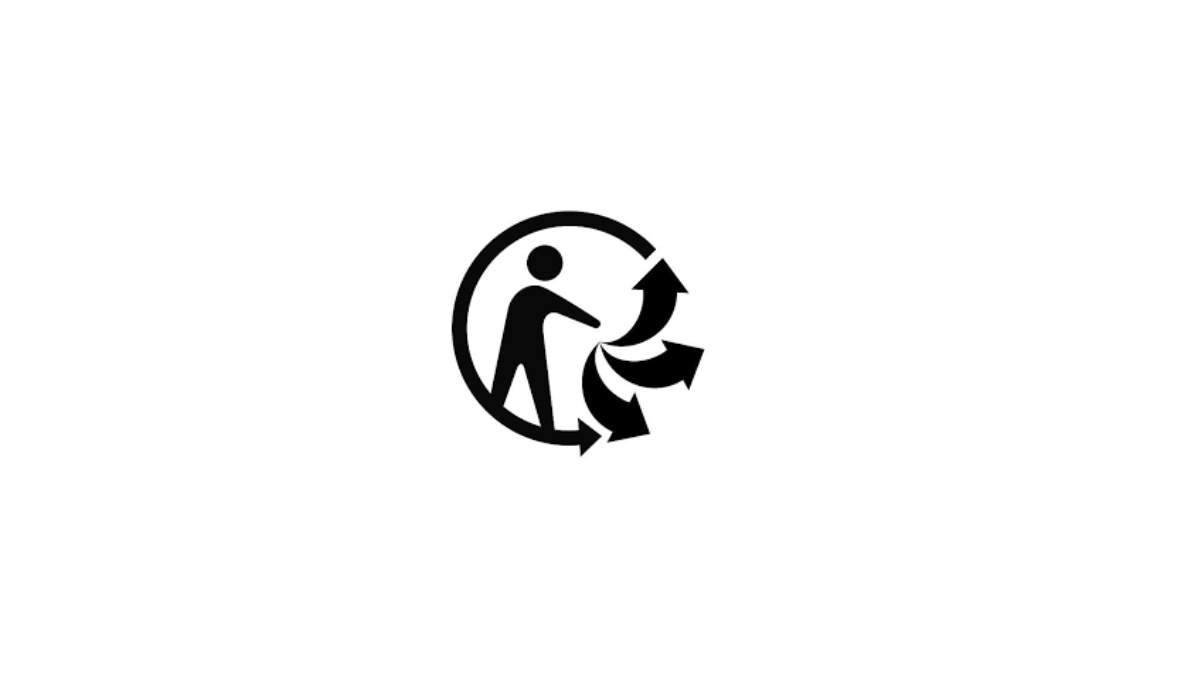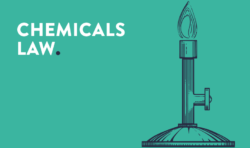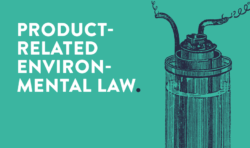In this context, the EU-Commission sent a letter of formal notice to France (INFR(2022)4028) on 15.02.2023. In this letter, which is not yet published as such, the EU-Commission raised concerns about the compatibility of the French requirements with the basic Single Market principles of free movement of goods, laid down in Art. 34 to 36 TFEU. This letter of formal notice is the first step to initiate a formal infringement procedure according to Art. 258 TFEU.
What is the background of the procedure?
The marking and labelling of products and packaging with waste sorting instructions to consumers is currently not governed by harmonized EU rules, in particular not by the Directive 94/62/EC on packaging and packaging waste. Consequently, national-specific labelling requirements, which tend to increase during the last months, endanger the principle of free movement of goods and might even lead to unintended negative environmental effects. In this context, the need for separately labelled products and packaging for different countries or clusters of countries leads to increased resource consumption for additional labelling and additional waste produced due to packaging, which is larger than actually necessary, just in order to be able to affix all necessary signs, logos and information on it.
From the perspective of the Commission, the French authorities do not seem to have conducted a sufficient analysis of the proportionality of their policy choice as other suitable options, which would potentially be less restrictive for the trade between Member States but comparably effective, are available. In addition, France is also in breach of the notification obligations under the Single Market Transparency Directive (Directive (EU) 2015/1535), because the provisions in question (see below) were not notified to the Commission in due course.
Which areas of law are affected?
For the record, France recently embarked on a move to ban the Green Dot deemed potentially confusing and to replace it with its own signage. While the ban was stayed by the French Conseil d’Etat, the Triman obligation was introduced by Article 17 of law n°2020-105 of February 10, 2020 on the fight against waste and circular economy introducing article L541-9-3 to the Code of the Environment whereby ‘Any product placed on the market for households subject to Article L541-10 I [i.e., products subject to EPR obligations], excluding household glass beverage packaging, is subject to signage informing the consumer that this product is subject to sorting rules.’
These statutory provisions were supplemented by Decree n°2021-835 of June 29, 2021, further amending the Code of the Environment with a new section governing the information of consumer regarding sorting rules applicable to the categories of products subject to EPR obligations. (Env. C. R541-12-18 et seq.) In practice, this results in the obligation to display the Triman logo and adjoining sorting instructions on products and packaging, products, or in-box documentation. Some derogations allow the display of the logo and instructions online only when the shape/size of products or packages do not enable such display.
How will France probably react?
Among the arguments the French Government is likely to oppose to the Commission’s notice is the fact that this regime allows alternative signage and instructions. Indeed, Article R512-20-20 of the Code of the Environment provides in this respect that “Producers of products subject to an extended liability system in France may replace the signage with another common signage regulated by the European Union or by another Member State in accordance with the principle of mutual recognition provided for in Articles 34 and 36 TFEU, provided such other signage informs the consumer that the products concerned are subject to sorting rules and that it is mandatory.”
To this day though, the French authorities have not commented on the Commission’s press release. Interestingly, Belgium, Italy and Spain have also adopted rules of their own. They too could therefore soon be targeted by the Commission.
How does this procedure go on?
France now has two months to address the concerns raised by the Commission. After that, if the Commission is still of the opinion that France is violating the free movement of goods principle, it may send a so-called reasoned opinion to France. The main content of such a reasoned opinion is the formal request to comply with EU law within a deadline of in general two month.
If France then still not amends its legal framework in compliance with EU law, the Commission may decide to refer the matter to the Court of Justice. When the Commission brings a case before the Court according to Art. 258 TFEU on the grounds that the Member State concerned has failed to fulfil its obligation to notify measures transposing a directive adopted under a legislative procedure, it may, when it deems appropriate, specify the amount of the lump sum or penalty payment to be paid by the Member State concerned which it considers appropriate in the circumstances. If the Court finds that there is an infringement it may impose a lump sum or penalty payment on the Member State concerned not exceeding the amount specified by the Commission (cf. Art. 260 para. 3 TFEU).
It must be noted however, that the mere fact that an infringement procedure is brought against France does not stay the application of the French requirements. T The above obligations remain in force. French authorities still can and will enforce the TRIMAN legislation. Therefore, for the time being, manufacturers and importers should not rely on the any assumption that these rules will eventually be amended or even repealed.
Effects of the draft Packaging and Packaging Waste Regulation
On 30.11.2022, the Commission published its proposal for a Packaging and Packaging Waste Regulation (we have reported: Commission proposal for an EU Packaging Regulation).
With Art. 11 of the Draft Packaging Regulation, the EU Commission would like to effectively counter the increasing development of a patchwork of labelling laws at the level of the Member States by introducing uniform labelling requirements. In terms of content, this concerns the material composition of packaging on the one hand and information on reusability on the other. In addition, manufacturers and importers will in future have to affix their name and contact details, as well as a serial or batch number. However, the application of the law is again complicated in several ways by the fact that the actual labelling requirements must first be defined by the Commission in an implementing act. This means that concrete operational preparation for the new labelling requirements remains impossible for the time being, as the relevant details must first be regulated in the said implementing act. This must be published at the latest 18 months after the Packaging Regulation enters into force and the companies concerned then have 42 or 48 months from the entry into force of the Packaging Regulation to implement these requirements. Consequently, it cannot be assumed that the EU Packaging Regulation will serve as a fast-track solution for the issue in question.
How can David Desforges, Avocat à la Cour, and Produktkanzlei help?
David Desforges and Produktkanzlei often work together to bring our collective experience on product-related environmental law in France, in Germany and across the EU Single Market. We advise clients on specific topics, broader compliance strategies and work with other experts across the globe to provide comprehensive advice across many jurisdictions. If you would like to discuss these issues further, please contact us.
This article was written by David Desforges and Michael Öttinger at Produktkanzlei. You can reach out to David Desforges by using the following contact details:







